Health Q&A: How does alcohol cause dehydration?
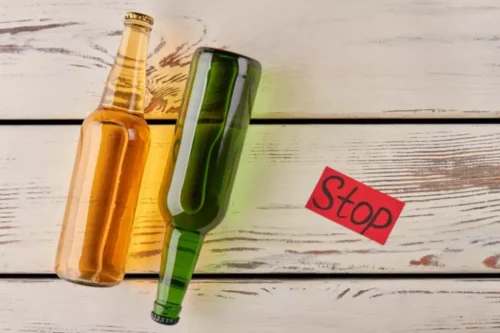
If you are dehydrated to the point that you are experiencing symptoms like weakness or loss of consciousness, you may need intravenous (IV) fluids administered in a healthcare setting. You may experience increased urination, sweating, and other means of bodily waste disposal when you drink alcohol. However, when your body works to eliminate alcohol from your system through these processes, other crucial substances, like water and essential nutrients, are removed, too. You can experience water and nutrient depletion, leading to unwanted symptoms such as dehydration. “Alcohol inhibits the release of vasopressin, or ADH, the antidiuretic hormone,” says San Diego-based Taylor Graber, MD, a resident anesthesiologist at the University of California San Diego. “ADH helps your kidneys hold onto water. The less ADH, the more you urinate. The more you urinate, the more dehydrated you become.”
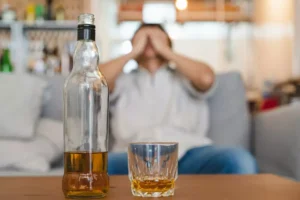
What are the best electrolytes for hangovers?
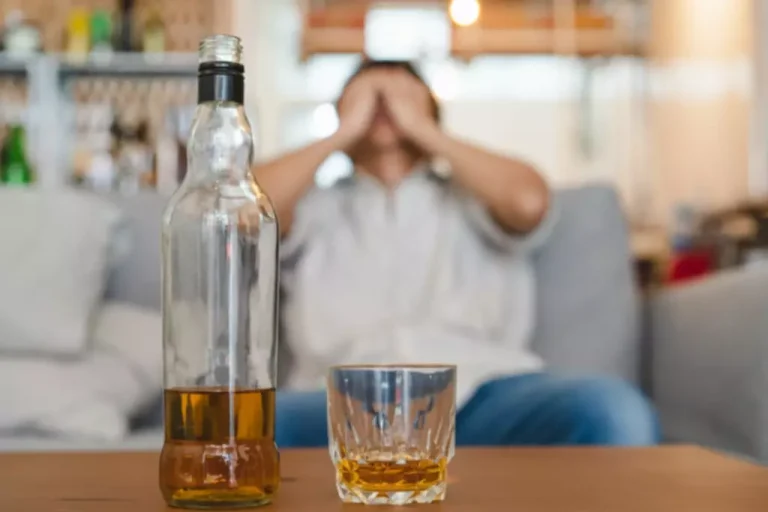
Stoutz says the best way to hydrate is to alternate alcohol and water while you’re drinking. “You can’t entirely prevent it, but if you go into drinking well-hydrated, you are less likely to feel the negative effects of dehydration,” she says. A vodka with soda is likely more hydrating than just a shot of vodka because you’re consuming more fluids from the soda. It’s formulated to stop dehydration in its tracks and boost your energy and mental clarity. Because alcohol inhibits antidiuretic hormone, it can force liquids out of your body along with essential minerals and electrolytes – this process occurs even faster on an empty stomach.
Here’s How to Really Avoid Alcohol Dehydration Symptoms
He is also the author of The Hypochondriac’s Handbook (Skyhorse, 2010). Though all liquids can help you meet your fluid needs, some may be more hydrating than others. Plus, we’re always introducing new features to optimize your in-app experience. We recently launched our in-app chatbot, Melody, powered by the world’s most powerful AI technology. Melody is here to help as you adjust to a life with less (or does liquor make you dehydrated no) alcohol.
How Alcohol Dehydrates You (And What to Do About It)
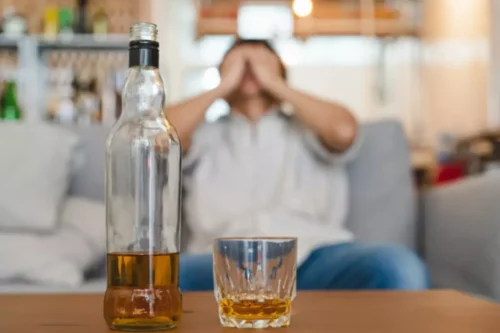
You’ll meet millions of fellow Reframers in our 24/7 Forum chat and daily Zoom check-in meetings. Receive encouragement from people worldwide who know exactly what you’re going through! You’ll also have the opportunity to connect with our licensed Reframe coaches for more personalized guidance. If you have a full stomach, it can essentially slow down the absorption of alcohol. Dehydration contributes to hangovers but is just a piece of the puzzle.
It is important for a person to be aware of the signs and symptoms of alcohol-induced dehydration and the ways to avoid it. Euphoria, relaxation, and other physical and mental changes are the result of alcohol’s impact on your central nervous system. As you drink alcohol, it accumulates in your body—especially if you drink large amounts at a fast pace. The higher your blood alcohol level is, the more you will notice its effects. Drinking on an empty stomach can cause other long-term damage, particularly to the liver. Your liver is responsible for metabolizing alcohol, and heavy drinking over long periods can lead to irreversible damage.
- Although the kidneys remove waste products, most of the water loss is due to the effect of vasopressin.
- It can also weaken immunity, increasing a person’s risk of infections.
- That margarita may seem refreshing but the added sugar creates an acidic environment in your body.
- Alcohol has a dehydrating effect on the body, especially when a person consumes it in large quantities.
- Dehydration occurs when the body does not have sufficient amounts of fluid to function effectively.
- To stay hydrated, a person needs to take steps before, during, and after alcohol consumption.
Stick to drinks with lower alcohol content
When you’re feeling thirsty or dehydrated, reaching for a refreshing beverage may seem like common sense. Severe dehydration can cause feelings of dizziness, the appearance of sunken eyes, fainting spells, increased heart rate, and even loss of consciousness. However, water might build up in other areas as our body tries to hold onto the fluids it has. Some cocktails can take a toll on your hydration because of additional ingredients. “If you pair alcohol with another diuretic substance such as caffeine, you may naturally urinate more and become even more dehydrated,” Dr. Alexa Mieses Malchuk, M.D., a family physician, tells Bustle.
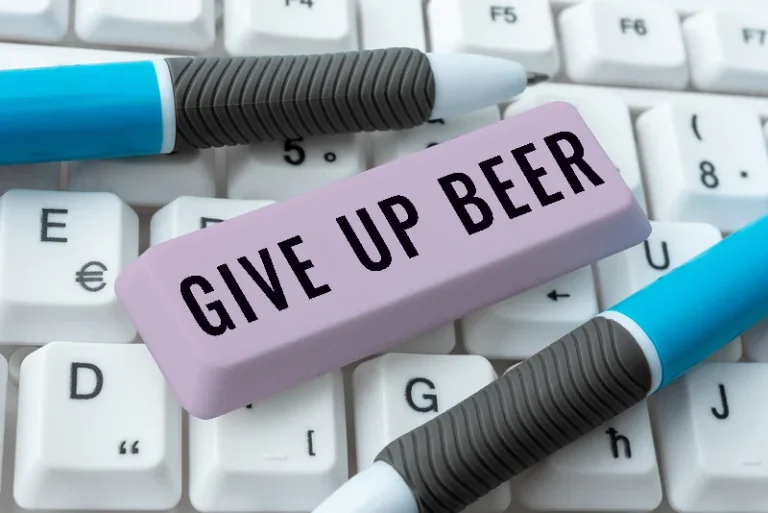
Make sure you’re hydrated before you start drinking
You can reverse dehydration by taking in more fluids, but some people may be at risk of complications. You can usually manage mild cases of dehydration by drinking more fluids that don’t contain alcohol. Whether you drink water between each alcoholic drink, after drinking, or even the next day, it’s vital to replace lost fluids. In addition, cocktails with sugary mixers or caffeinated alcoholic beverages can amplify fluid loss and worsen alcohol-related dehydration. It’s generally believed that for every gram of alcohol consumed, the kidneys produce around ten milliliters of urine, which increases fluid loss and contributes to dehydration.
Symptoms of dehydration
You’ll be much less likely to experience dehydration if your body is already well-stocked with the nutrients it needs to fight back. Since the alcohol content reaches your bloodstream faster, you might find yourself bringing up politics with Aunt Janet just two drinks in. Whew, that’s not how you meant to start the Thanksgiving festivities. With impaired antidiuretic hormone, you’ll notice more trips to the bathroom and less concentrated urine. Essentially, expelling much-needed fluids that your body wouldn’t normally waste.
